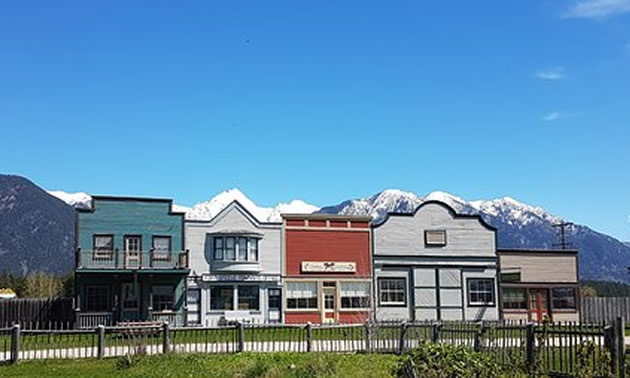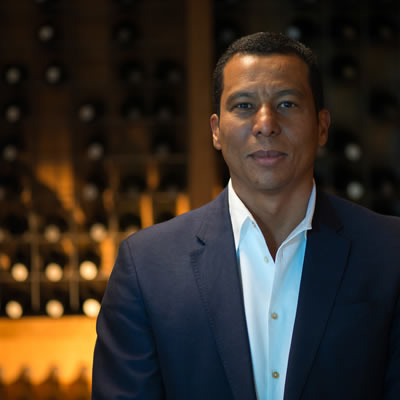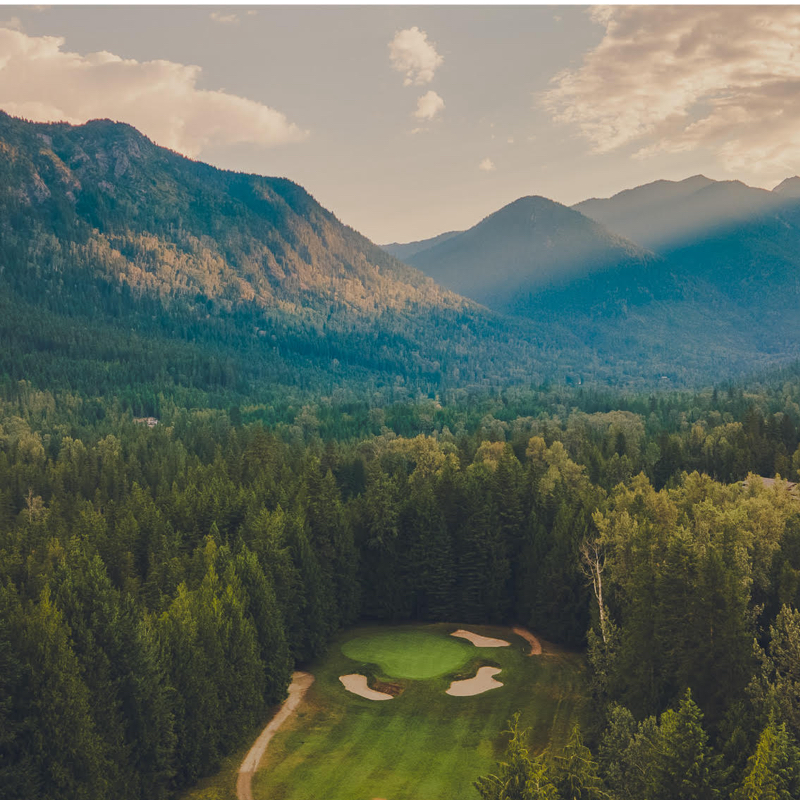Fort Steele builds on its success

The British Columbia government is extending a heritage site management agreement with the Friends of Fort Steele Society for another five years.
Fort Steele is a provincially owned heritage property. Located near Cranbrook, the historic townsite is significant as a time capsule of settlement and the changing fortunes of a pioneer community in the 19th century. The site, and associated steam railway, has been operated by the Friends of Fort Steele Society since 2004, welcoming an average of 45,000 to 50,000 visitors every year.
“This historic town is steeped in the past, but deeply connected to the present and the surrounding community,” said Doug Donaldson, Minister of Forests, Lands, Natural Resource Operations and Rural Development. “The society has been an exemplary steward of the property, safeguarding the heritage values that reflect its provincial significance, while increasing visitation.”
Some of the innovations the society has either developed or has plans to bring about are:
- a historic hotel restored as a bed and breakfast
- a new campsite and children’s playground
- a hiking/biking eco-trail system
- a livestock breeding program for Clydesdale horses and heritage pigs
“The Friends of Fort Steele board of directors and staff are honoured to receive a five-year extension of the Heritage Site Management Agreement in acknowledgement of our stewardship of this incredible place,” said Jessica Marusyk, Friends of Fort Steele general manager. “Since 2004, we’ve realized many exciting events and conservation projects, including the hugely popular summer programming, the opening of the renovated McVittie House and the rehabilitation and reopening of the Windsor Hotel for business. The Friends are excited to take Fort Steele to new heights to see the past and future of this extraordinary townsite and landscape come together as one cohesive mix of history and interpretation.”
Fort Steele Heritage Town is a significant draw to the Kootenay region as the attraction continues to grow and expand. Some other future goals for the site by the society include digitizing its collection of artifacts and working with First Nations to expand programs and workshops that articulate the Indigenous cultural significance of the land, as well as stories of Indigenous-settler relations.








